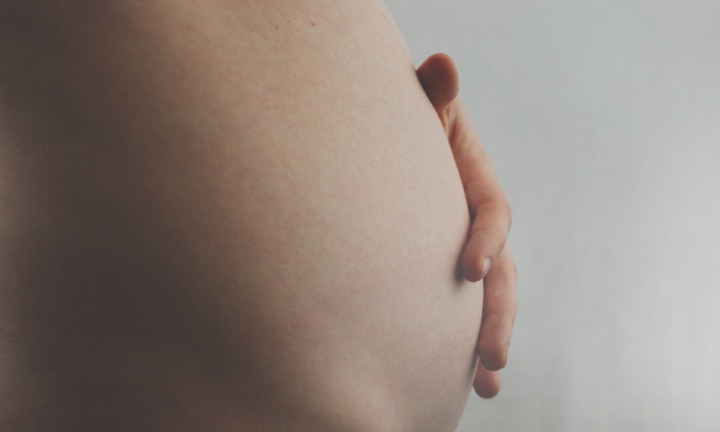Is Excess Saliva A Symptom Of Pregnancy
Experts aren t sure but the most likely culprit for excess saliva during pregnancy is the one blamed for so many other charming pregnancy woes.
Is excess saliva a symptom of pregnancy. If swallowing your saliva makes you feel nauseated spit out the excess into a tissue washcloth or cup. Excessive salivation in early pregnancy the medical term for excess saliva is ptyalism pronounced tie al ism. Temporary hypersalivation is usually caused by. This may be brought on by nausea or a reflex that s commonly experienced during pregnancy.
Exposure to toxins such as mercury. They tend to swallow less saliva when they are anxious and this feels like excess saliva is being produced. Some women may believe that excess saliva could be an early pregnancy symptom however excess production of saliva starts around the 2nd or 3rd week of the pregnancy and settles down around the end of the first trimester. It can be caused by pregnancy false teeth ulcers acid reflux and a broken jaw.
Irrespective of what is causing excessive saliva in pregnancy you shouldn t be worried for it is a common symptom and will subside eventually. Causes of excess saliva while no specific cause of excess saliva during pregnancy has been found researchers believe that it is linked to pregnancy hormones. For certain women this condition continues throughout the pregnancy and up until the delivery. Hypersalivation is a symptom of several different condition in which the body produces too much saliva.
Increased salivation could even be good for you sometimes. Certain tranquilizers and anticonvulsant drugs. You may produce excess saliva when you re pregnant. If excessive saliva is a problem during the first few weeks or even months of pregnancy morning sickness may be more pronounced.
When does excess saliva production start during pregnancy. This won t make you produce less saliva but it will make it easier to swallow the saliva you do produce. As if feeling sick to your stomach weren t enough that extra saliva may pool in your mouth adding to your queasiness and upping the chances that you ll be turned off by your next meal. If you have been experiencing excessive drooling it s time to take a good look at your oral hygiene habits.
Your baby may produce excess saliva when she s teething and this can cause her to drool. Swallow any excess saliva if you can.


